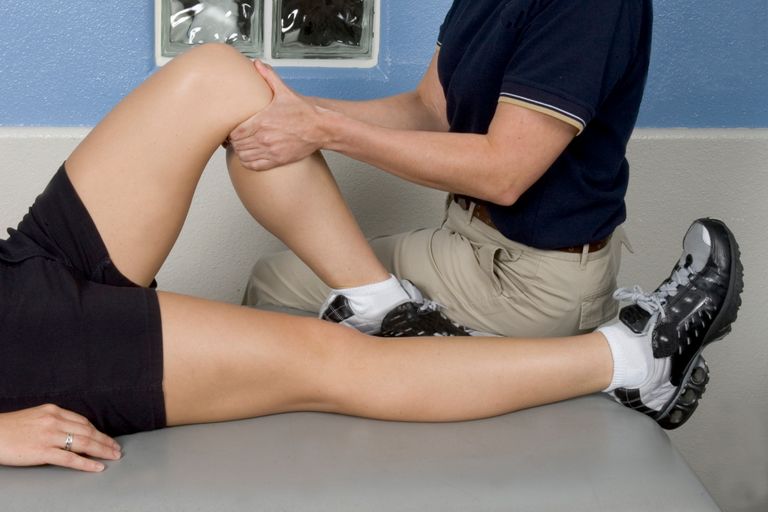Sports Injury Massage and Treatment
The term “sports injury” refers to the kinds of injuries that most commonly occur during sports or exercise, but they are not limited to athletes. Factory workers get tennis elbow, painters get shoulder injuries and, gardeners develop tendinitis, even though they may not participate in sports.
Ultimately however, “sports injuries” refers to injuries that occur in active individuals that typically affect the musculoskeletal system. The musculoskeletal system is the network of muscles, tendons, ligaments, bones and other tissues that provides the body with stability and enables movement.
Sports injuries are divided into two broad categories, acute and chronic injuries. Acute injuries happen suddenly, such as when a person falls, receives a blow, or twists a joint, while chronic injuries usually result from overuse of one area of the body and develop gradually over time. Examples of acute injuries are sprains and dislocations, while some common chronic injuries are shin splints and stress fractures.
Here at the Dartmouth Physiotherapy clinic, advice, treatment and onward referral can be given for a sports injury depending on the type of injury. Minor ones can usually be treated at home by resting, icing, compressing, and elevating (R-I-C-E) the injured part of the body with further advice. For more serious injuries, you may need to be set up for a course of treatment for rehabilitation and/or fitted for a cast, splint, or brace.
I will give my expert and honest opinion and in some cases physiotherapy may not initially be beneficial, resulting in referring you back to your GP or onwards to another healthcare professional for possible X-Ray, MRI or other scans or surgery before physiotherapy can continue. A rehabilitation program that includes exercise and other types of therapy is usually recommended before resuming the sport or activity that caused the injury. Treating Sports injuries can include various treatments which will be specific for your injury.

